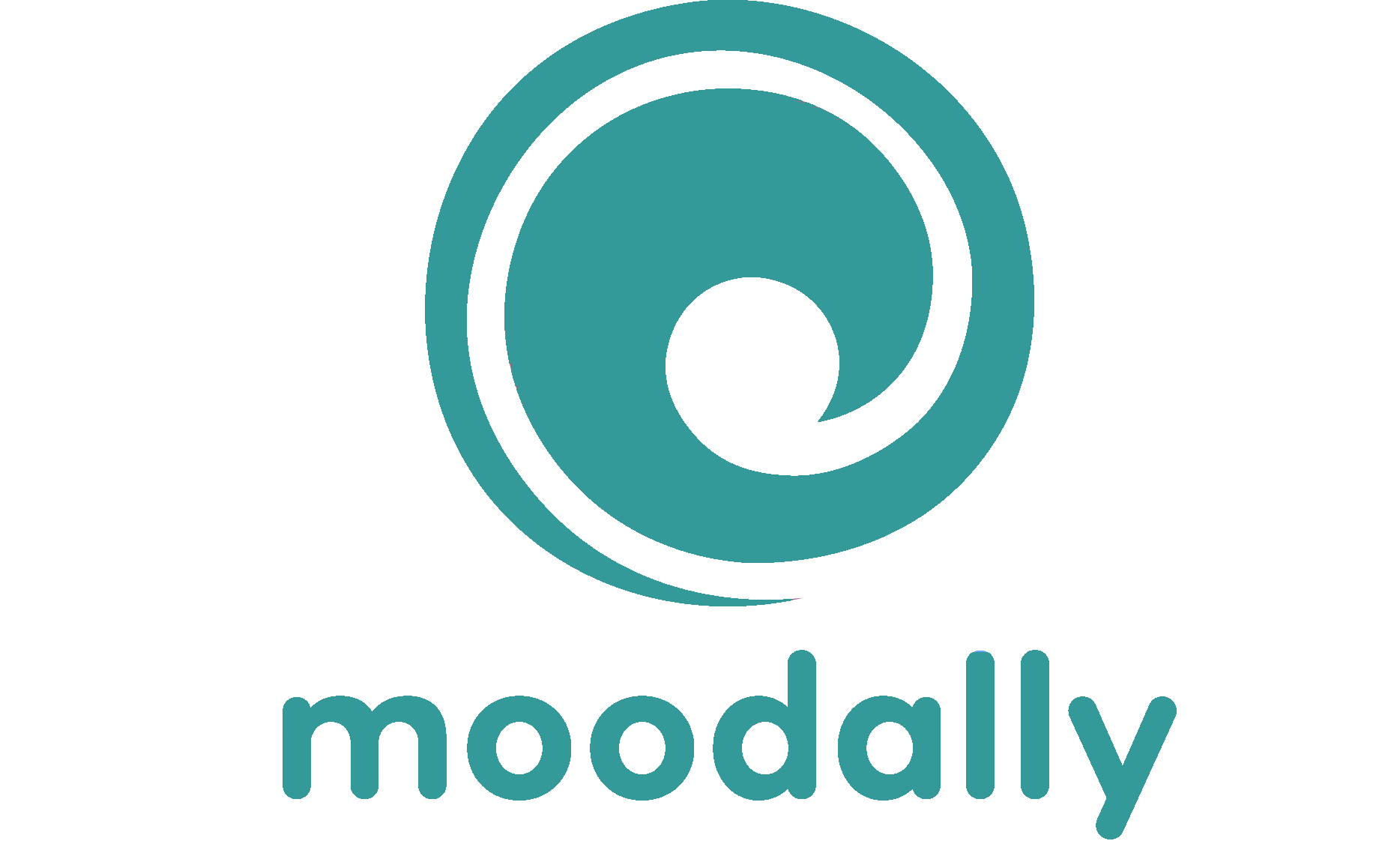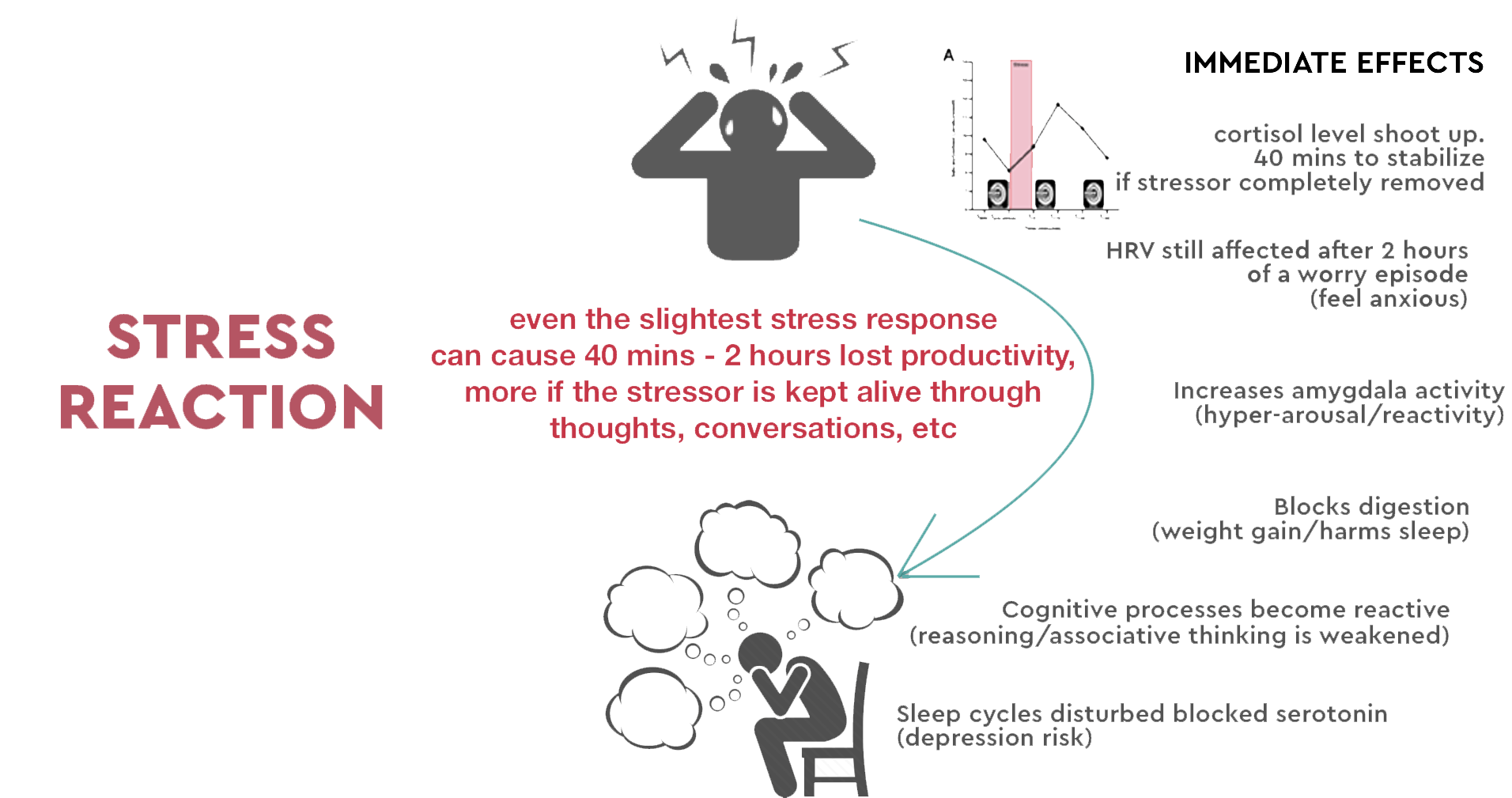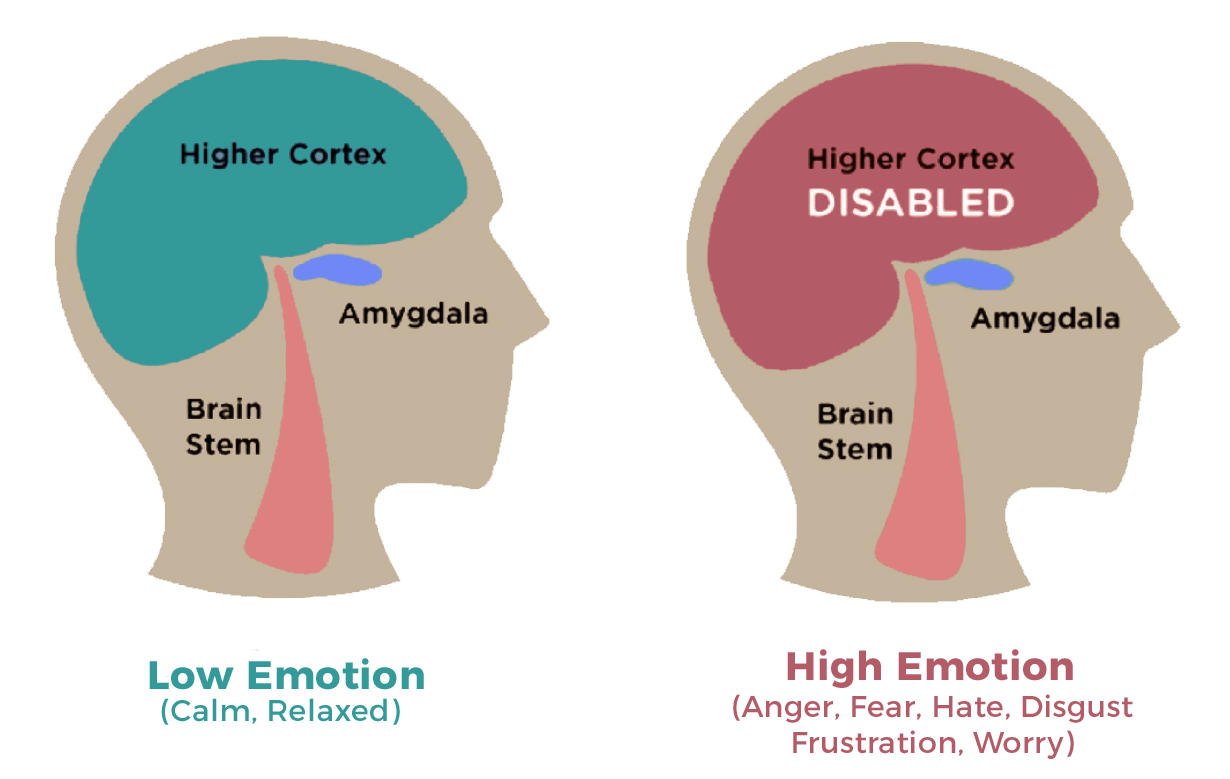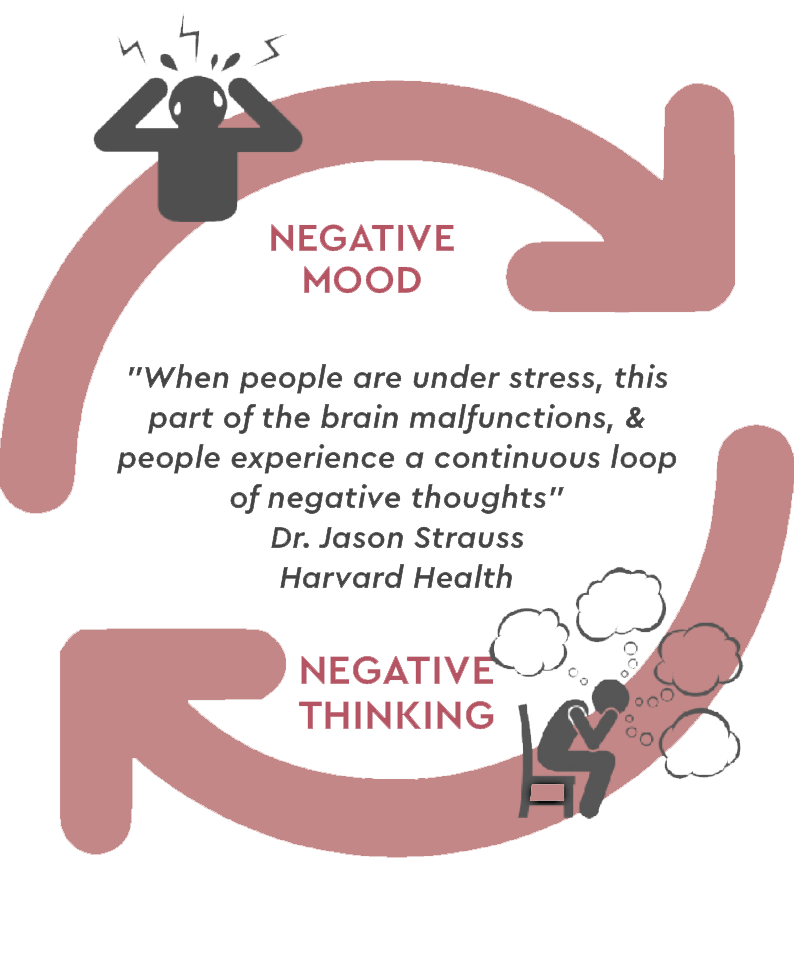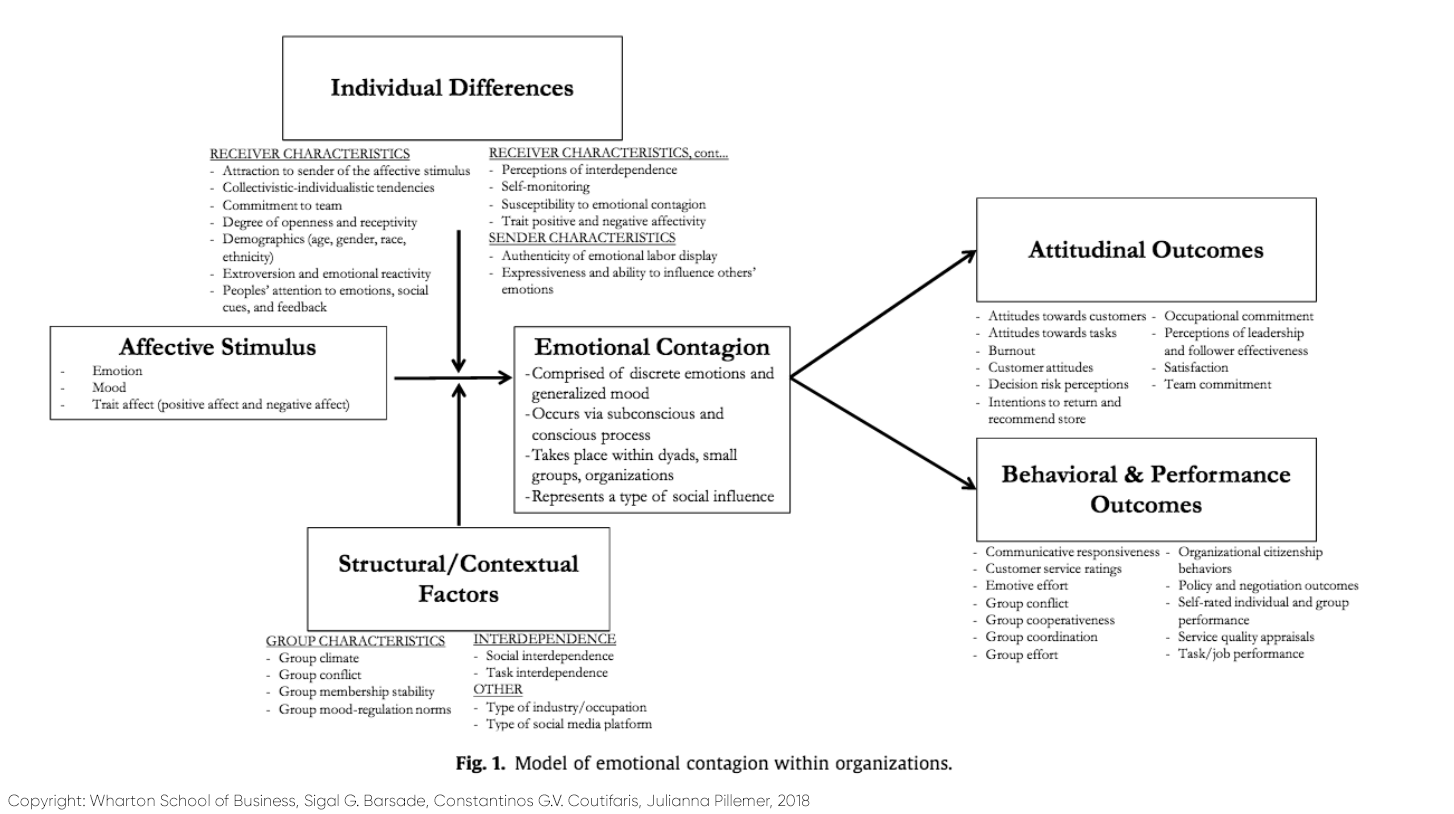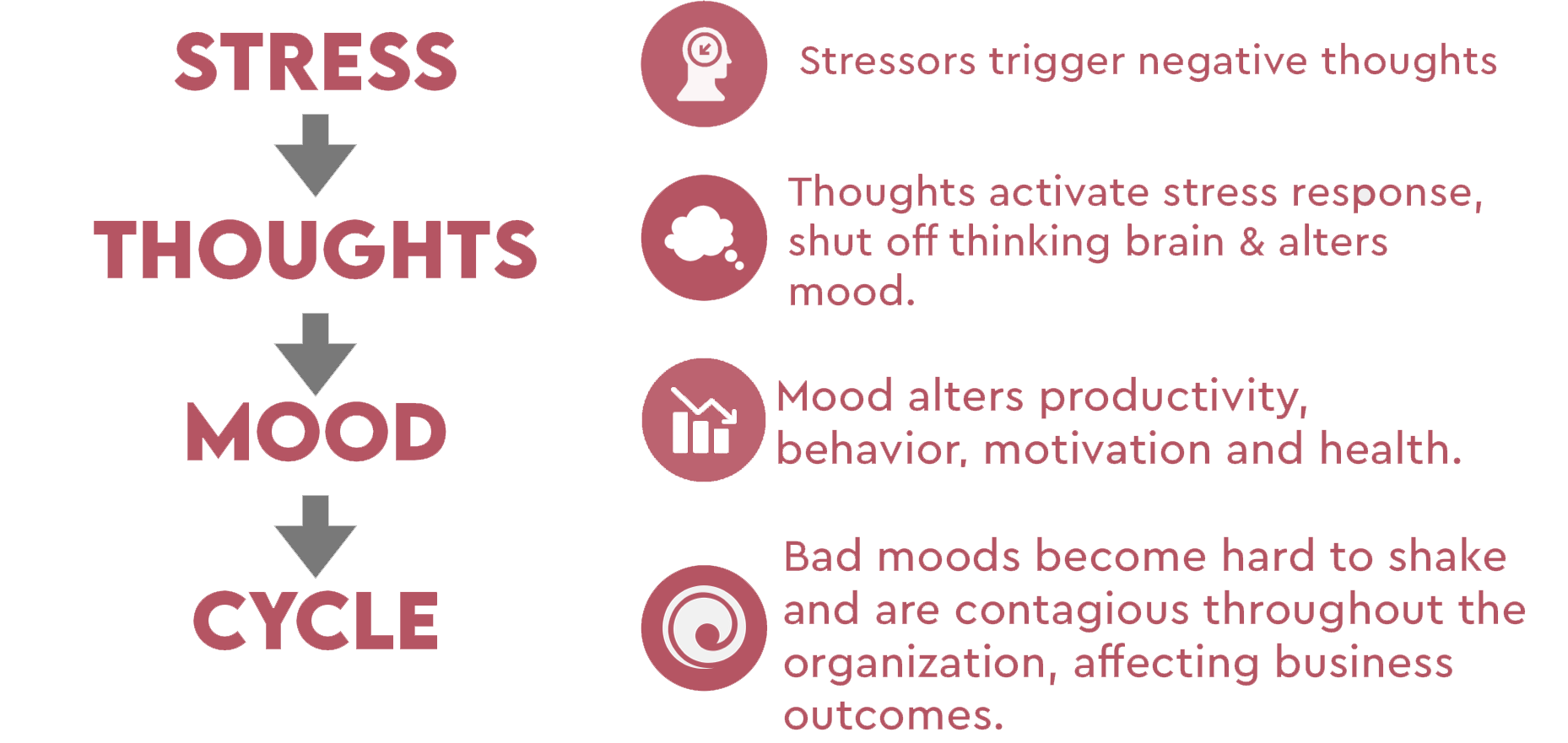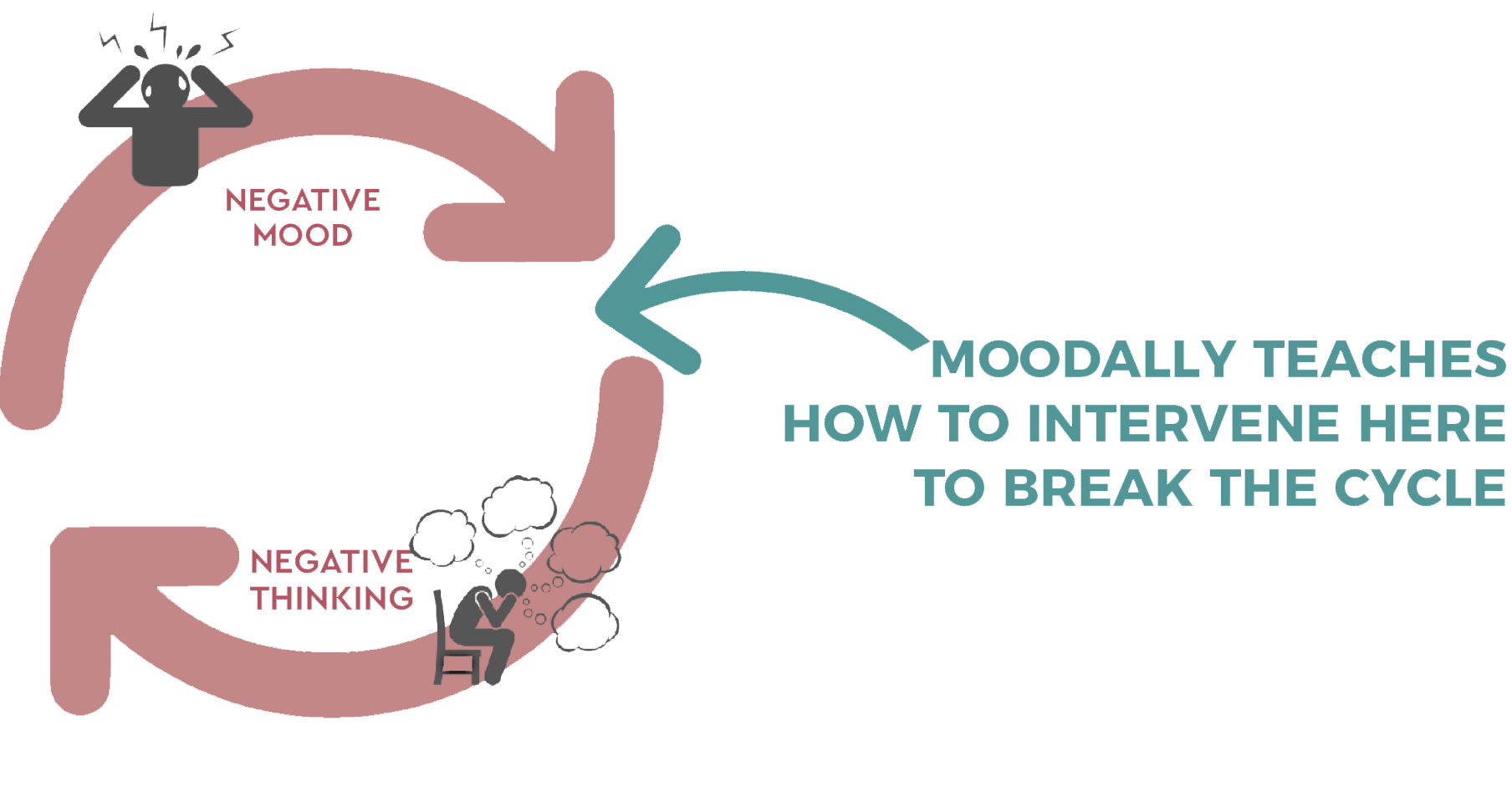"...happiness, and no other emotional state, was significantly and positively related to productivity.
Workers’ emotional states must be addressed as part of an organization’s operational strategy to ensure higher productivity."
School of Economics, Hiroshima University, 2020
How Stress Affects Us
Stress impacts all of the systems in the body, and our stress reactions - to even a small stressor like sitting in traffic - can last anywhere from 40 minutes to 2 hours - if we de-stress immediately. If we keep the stress alive - by thinking about it or talking about it - we can keep the blocks in the body going all day. While we are under stress, the body suffers a series of harmful consequences, as seen in this image below.
Why Mood Matters
Stress puts us in a bad mood. When this happens, the part of our brain that does our best thinking and helps us manage our moods is disabled. This affects our ability to think and causes impaired problem solving, an increase in mistakes, difficulty in learning new information, increased distraction, and hyper-reactivity. This results in damage to our productivity levels, our willingness to be helpful to others, and our sense of job satisfaction.
The Burnout Risk
Because of brain plasticity dynamics, when we repeat behaviors - including thought patterns or emotional reactions - the brain wires itself to make these behaviors automatic. Basically, anything we do repeatedly - get mad in traffic, roll our eyes at our boss, get stressed at calls from a certain colleague - gets hard wired into our brain as a default reaction. As a result, a series of bad moods can become a fixed mindset over time, leading to burnout.
Mood Contagion
A 2018 Wharton study found that moods are contagious within the organization. Moods not only spread virally, they were shown to seriously impact group dynamics, employee performance, and relationship with clients/customers. What this means is that one employees bad mood can become a much bigger problem in no time.
